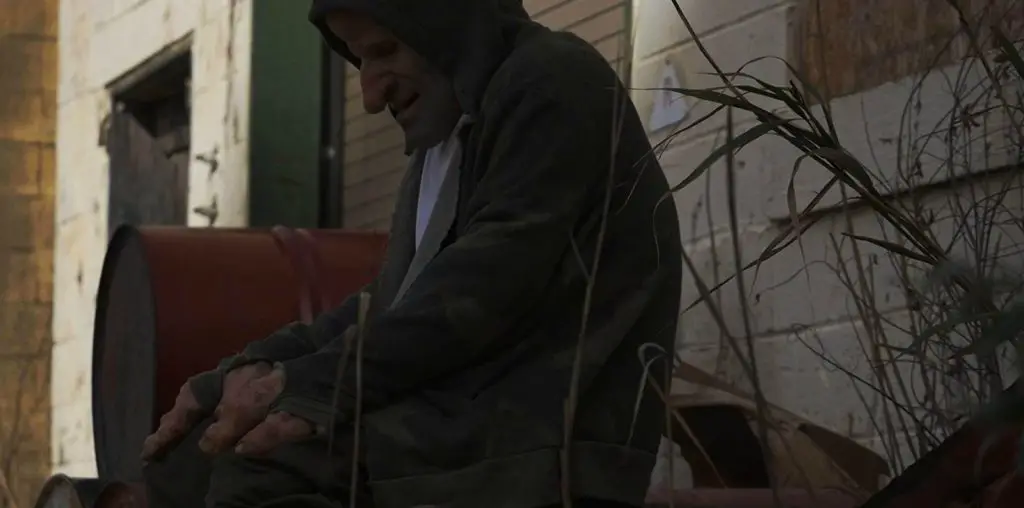
On the soundtrack to Lili White’s video “Western,” filmmaker Margot Niederland tells a story of her trip to the occupied territories in Palestine. Warned by officials that civilians cannot travel to a certain area, she is given a uniform and a weapon, so that she can pass as a soldier. For Niederland, a confirmed pacifist, holding a gun in her hands for the first time provokes a kind of existential crisis: holding the power of life and death in her arms scares her. Every time she picks up the gun again, she says, “that horrible feeling of power returned.” Later, on a trip to Gaza, she tries to takes her camera, with which she feels perfectly comfortable, but authorities tell her that it is forbidden. It is certainly ironic that a gun makes her presence acceptable, but a camera, which might bring news of how the Israeli Defense Force is treating the Palestinians to the world, is too scary for the authorities to permit.
The images in White’s video are a complex, overlapping collage of footage from vintage Westerns, original footage of the American West, tacky Western tourist sites, and cityscapes. Repeated shots of two beds in a hotel room suggest the theme of a journey, as well as the theme of separation. White’s method of combining images lacks technical finesse, but is sophisticated in her sensitivity to color and composition. The sound, underneath the narrative, is a collage of cowboy music and the soundtracks from Western films.
The combination of this particular narrative with the Western imagery suggests a powerful web of interconnected meanings. A parallel is suggested between the American utopian project of creating a new society by committing genocide against Native Americans, and the Israeli utopian project of stealing the Palestinians’ land from them. Niederland’s crisis, as a woman and a pacifist, in confronting the nature of male violence and domination, echoes our American crisis in dealing with the violent, genocidal underpinnings of our society. A shot near the end of the video shows Doc Holliday’s tombstone, with the epitaph “He died in bed.” Dying peacefully in bed is exactly what Holliday’s guns, and the guns of the Israeli Army, make impossible for their victims. Lili White has packed a tremendous amount of powerfully connected ideas and feelings into a short video, using simple material.
